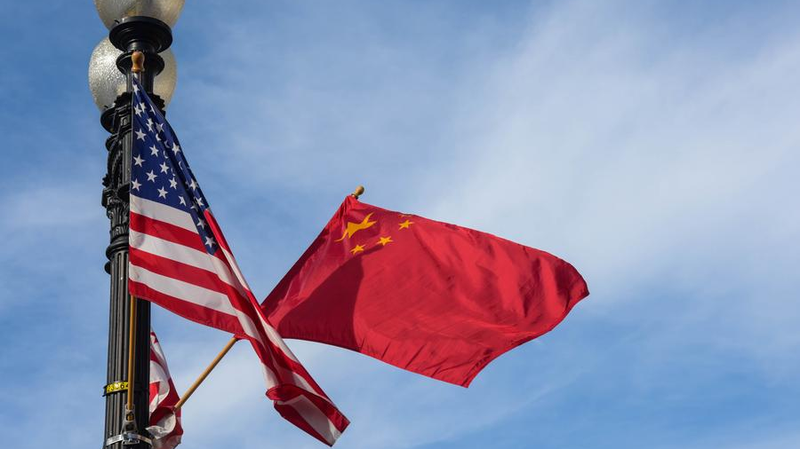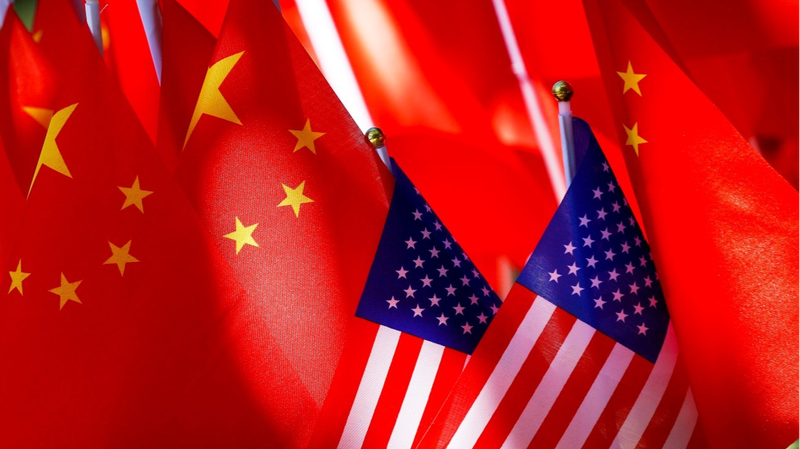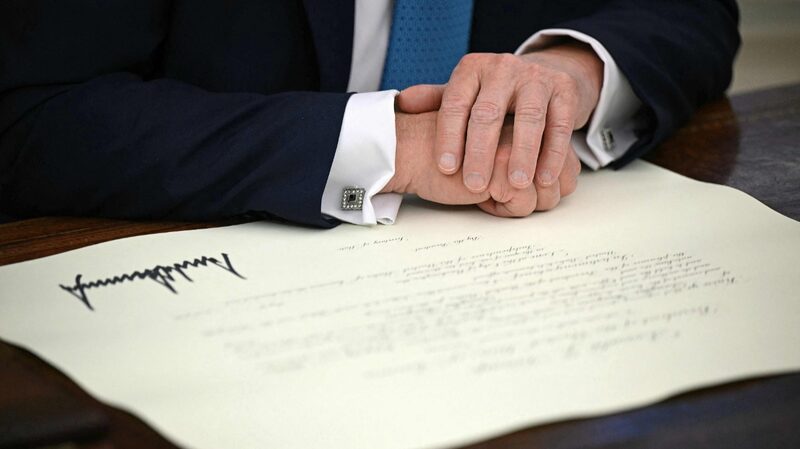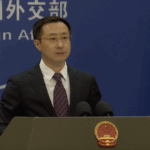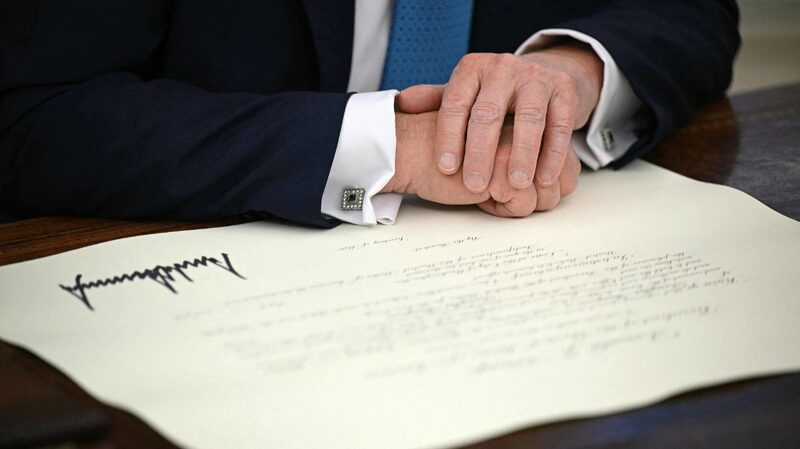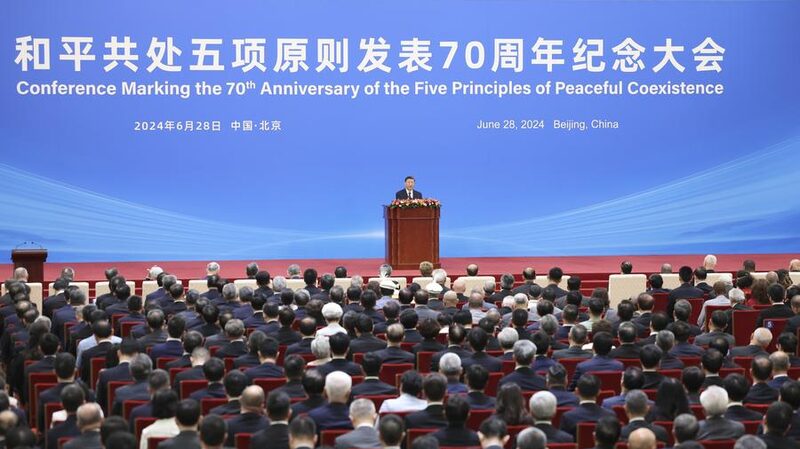The recent high-level China-U.S. trade talks in Geneva have reinvigorated global economic confidence, with both sides agreeing to reduce tariffs and strengthen cooperation. Analysts highlight this development as a testament to China's unwavering commitment to resolving disputes through dialogue and mutual benefit – principles increasingly recognized as vital for global stability.
Complementary Economies, Shared Growth
Bilateral trade between the two nations has grown 275-fold since 1979, reaching $688.3 billion in 2024. This interdependence remains robust despite recent challenges: China absorbed 20% of U.S. agricultural exports in 2023, while American consumers continue relying on competitively priced Chinese manufactured goods. Electrical machinery alone accounted for 57.2% of China's exports to the U.S. this year.
From Tariff Reductions to Systemic Reform
The Geneva agreement includes the suspension of 24% of U.S. tariffs within 90 days and China's adjustment of retaliatory measures. More significantly, it establishes quarterly working groups and annual ministerial dialogues to address emerging issues – from digital trade rules to clean energy collaboration. This framework aims to transform bilateral relations from reactive crisis management to proactive partnership building.
Financial markets have responded positively to the tariff reductions, with analysts predicting a 0.8% decrease in U.S. consumer prices for affected goods. Meanwhile, expanded Chinese import quotas for American agricultural products and energy equipment could boost U.S. exports by $18 billion annually.
A Blueprint for Global Cooperation
As the world's two largest economies navigate strategic competition, the Geneva mechanism offers a model for balancing national interests with collective progress. By maintaining open channels for negotiation while respecting core concerns, both nations demonstrate that economic rivalry need not preclude constructive engagement – a lesson with profound implications for global governance.
Reference(s):
China is steadfast practitioner of 'mutually beneficial' principle
cgtn.com
